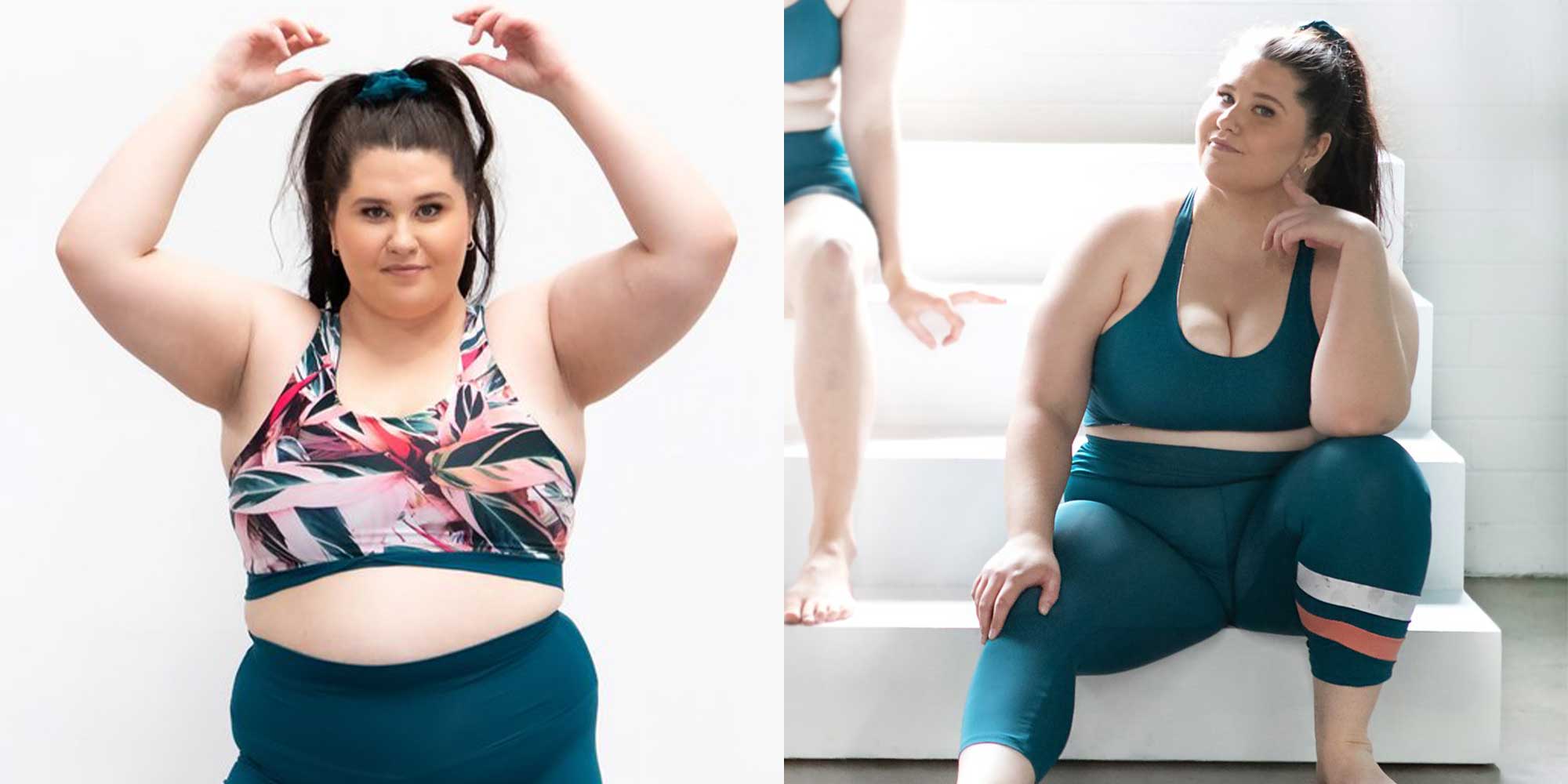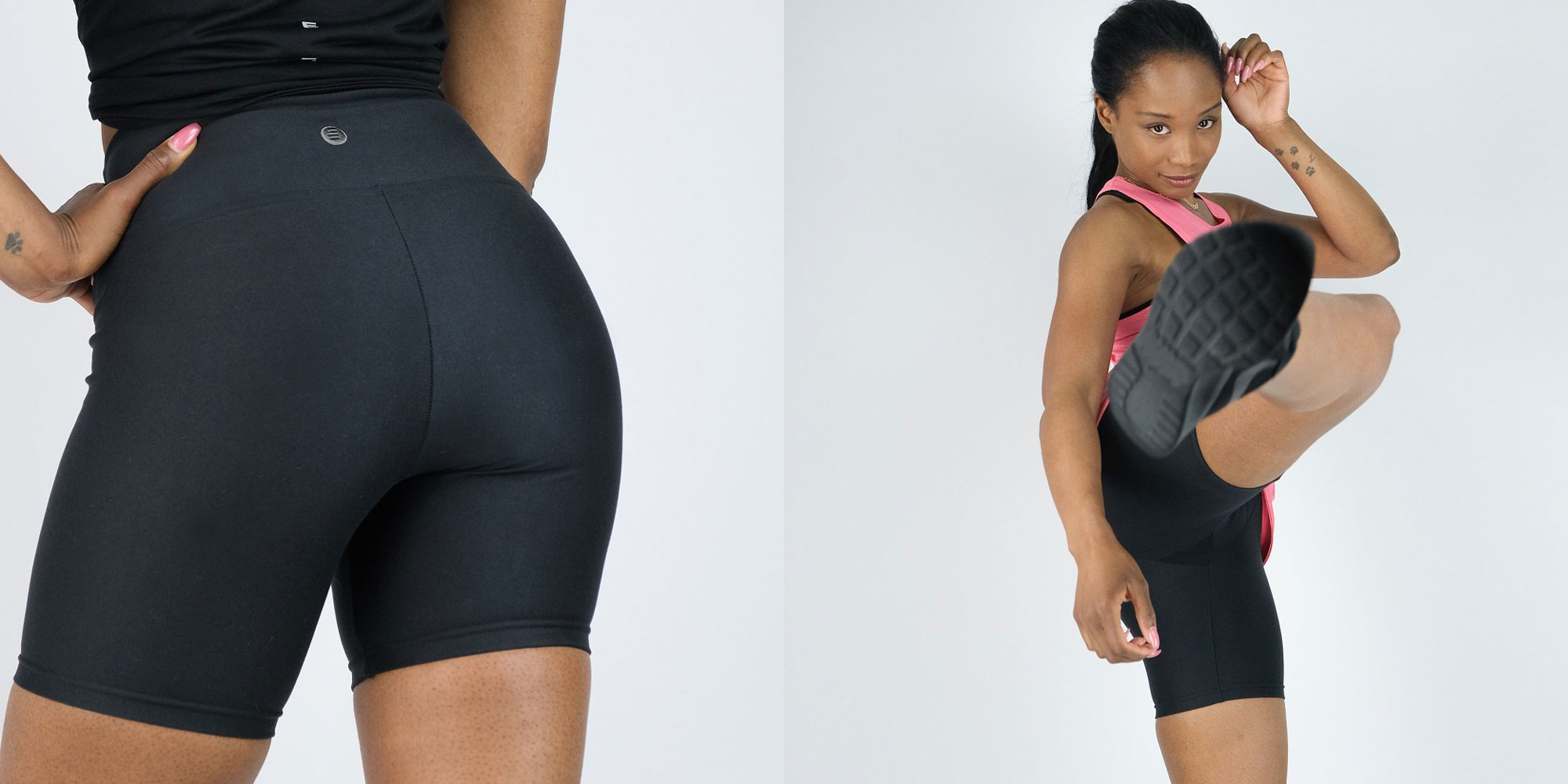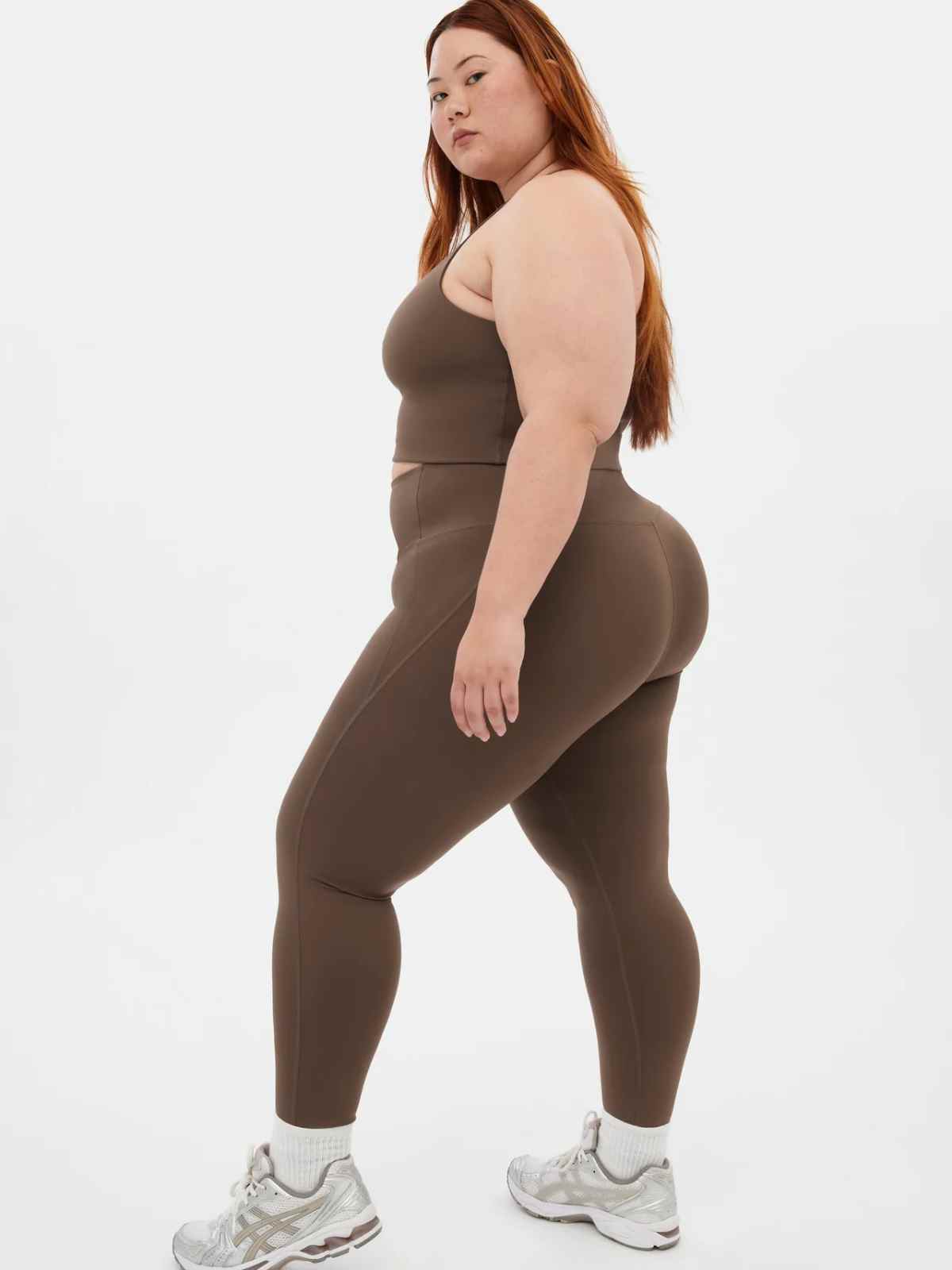Our editors curate highly rated brands that are first assessed by our rigorous ratings system. Buying through our links may earn us a commission—supporting the work we do. Learn more.
This popular American activewear brand sits up there with the likes of Nike and Adidas, but does it consider ethics and sustainability in production? This article is based on the Under Armour rating from January 2022.
Uncovering Under Armour’s impact
Founded in 1996, Under Armour is an American activewear brand that has slowly grown to be one of the biggest sportswear manufacturers in the world alongside Nike and Adidas. The brand, which sponsors athletes such as Michael Phelps, Steph Curry, and Lindsey Vonn, aims to inspire people with performance solutions they never knew they needed and can’t imagine living without. But what about its impact on the planet, people, and animals? How are Under Armour’s activities impacting the Earth and its inhabitants? We ask, how ethical is Under Armour?
Environmental impact
Under Armour uses few eco-friendly materials. We found no evidence it minimises textile waste, that it has taken meaningful action to reduce or eliminate hazardous chemicals, or that it implements water reduction initiatives. Most of Under Armour’s activewear is made from polyester, a material derived from petroleum that usually takes hundreds of years to decompose. For all these reasons, Under Armour’s environment rating is ‘Not Good Enough’.
Labour conditions
On the labour front, Under Armour is rated ‘Not Good Enough’. While some of its supply chain is certified by FLA Workplace Code of Conduct (including all of the final stage of production), the brand lacks transparency and received a score of 21-30% in the Fashion Transparency Index. In fact, Under Armour likely publishes information about its supplier policies, audits, and remediation processes, but it does not publish a comprehensive list of suppliers or information about forced labour, gender equality, or freedom of association. We also found no evidence it ensures payment of a living wage in its supply chain, or any policies or safeguards to protect suppliers and workers in its supply chain from the impacts of COVID-19!
Animal welfare
There is no evidence Under Armour has a policy to minimise the suffering of animals, and while it does not use fur, angora, exotic animal skin or hair, it still uses leather, wool, and down. ‘Not Good Enough’!
Overall rating: Not Good Enough
So how ethical is Under Armour, you ask? Under Armour is ‘Not Good Enough’. Based on our research, we found that the American brand is doing very little to minimise its impact on the planet or ensure workers in its supply chain are safe and treated fairly. To get a better rating, Under Armour should start by disclosing more information about its practices and their impact, and ensuring the payment of a living wage.
Note that Good On You ratings consider 100s of issues, and it is not possible to list every relevant issue in a summary of the brand’s performance. For more information, see our How We Rate page and our FAQs.
If you’re on the lookout for activewear and sports gear but don’t fancy Under Armour’s negative impacts, we found some cool and sustainable alternatives just for you.
Good swaps
Sustainable alternatives to Under Armour


























